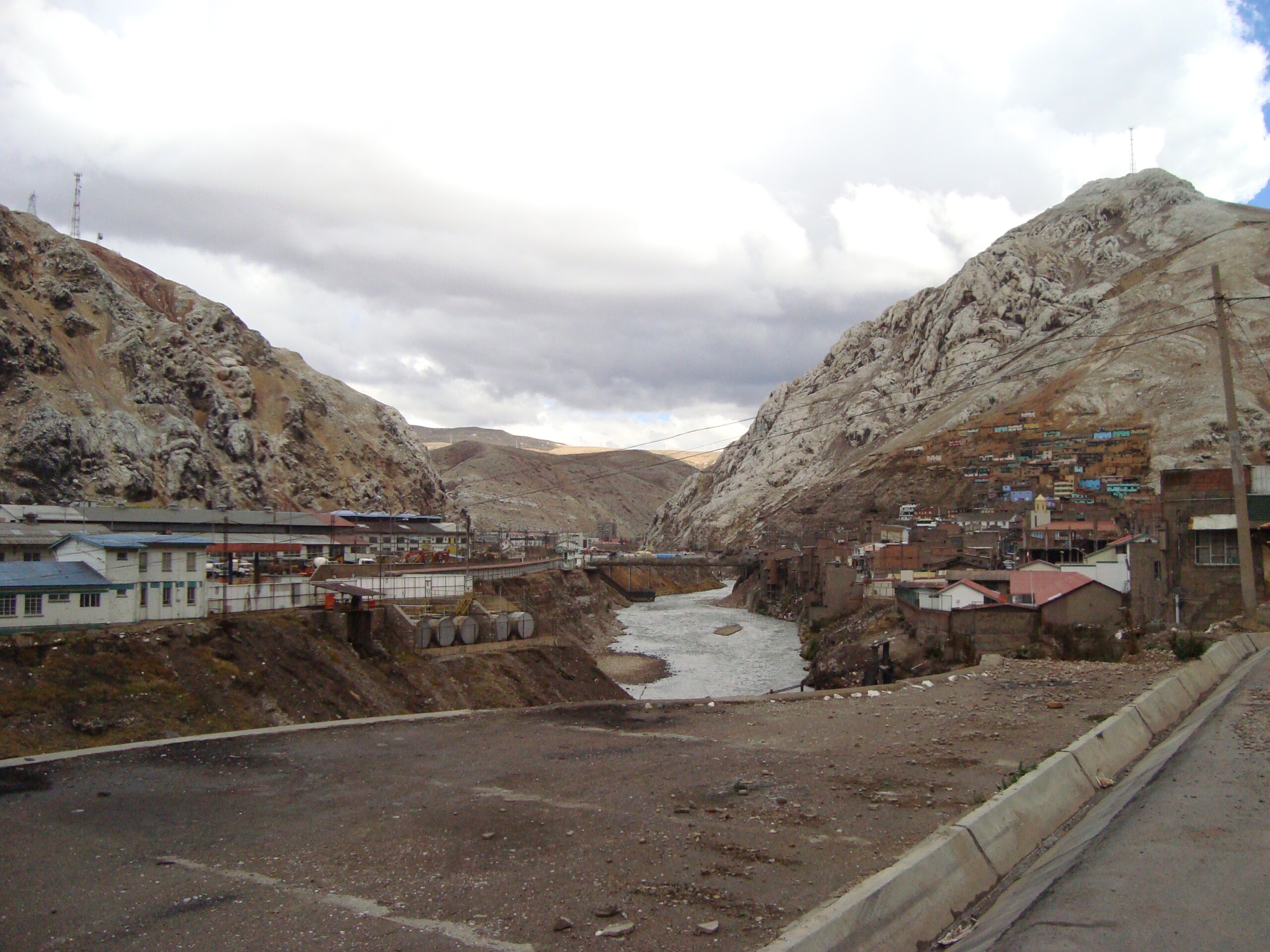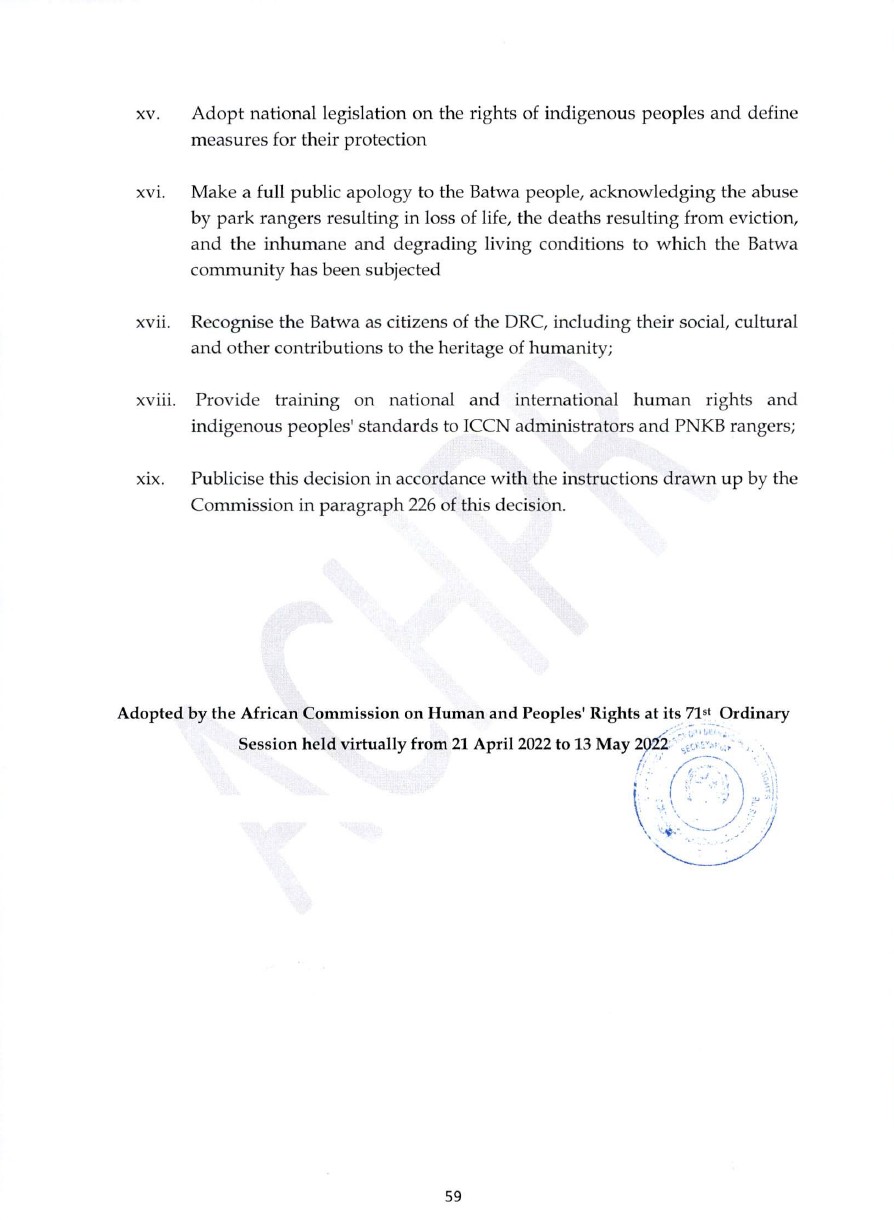Nature of the Case
The case concerns the refusal by Romanian authorities to recognize and update the birth certificate of M.-A. A., a dual national of Romania and the United Kingdom (UK), to reflect a name and gender identity change lawfully acquired in the UK. The legal issue revolves around whether such refusal violates European Union (EU) citizens’ rights to free movement, dignity, and private life under EU law. The Court of Justice of the European Union (CJEU) addressed the compatibility of Romanian legislation with EU obligations, especially given Brexit’s impact on the applicant’s rights. The CJEU ruled that EU law (Articles 20 and 21 TFEU, read with Articles 7 and 45 of the Charter of Fundamental Rights) prohibits Member State legislation requiring nationals to initiate new judicial proceedings for recognition of gender identity changes lawfully acquired in another Member State. Such laws hinder free movement rights. This holds even if the change occurred before Brexit and recognition was sought after. Romania must update the individual’s birth certificate without additional proceedings, ensuring full respect for EU citizens’ rights to dignity and identity.


